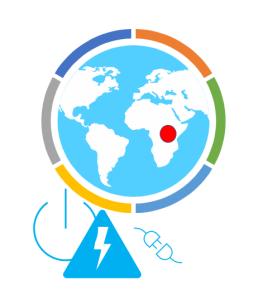Problem:
Unavailability of electricity and cooking tools is prominent, especially in African countries. On the community level, this can be responsible for inadequate equipment in health care facilities. On the individual level, this causes hunger and reliance on combustion methods for cooking and heating which increases exposure to unhealthy air substances.
Evidence: infant mortality is the highest in African region while both access to electricity and technological tools for cooking is the lowest in these countries.
Solution:
– On the community level: Projects to electrify health care facilities especially emergency care (refrigerators for storing medicines and plasma, communication systems…).
– Individual level: projects to Increase accessibility to technological cooking tools.
Solution details:
-Projects to electrify health care facilities increase attraction and retention of health care practitioners in the African region, also ensure better provision of health services.
-Providing clean energy decreases reliance on combustion methods for cooking and heating, decreasing indoor air pollution.
-Ensuring provision of cooking tools optimizes cooking time and decreases various coping strategies and these may include the decreasing the frequency cooking of foods that take longer to cook such as beans or encouraging consumption of uncooked or semi cooked foods), decreasing malnutrition.


Validation:
More than 5 lives out of 100 lives are saved through providing better services including electricity and clean fuel for cooking for more than a year, according to Wang and Van der Klauuw, 2003.
Recommendations:
– The focus of energy programs should shift from supplying energy as a commodity to providing energy with a developmental goal, such as clean energy for child health or water and sanitation.
– Focus should be on identifying conditions under which affordable energy services creates gains in combating child mortality.


0 Comments